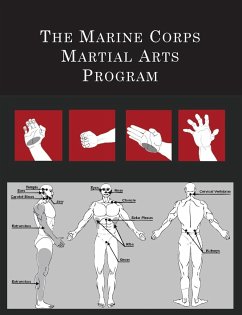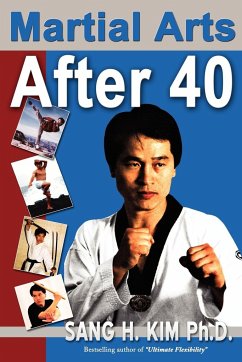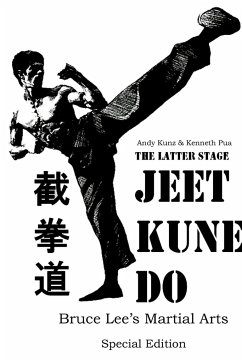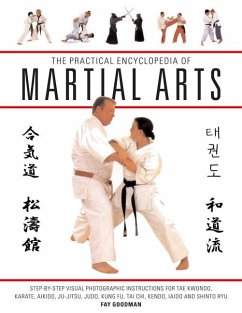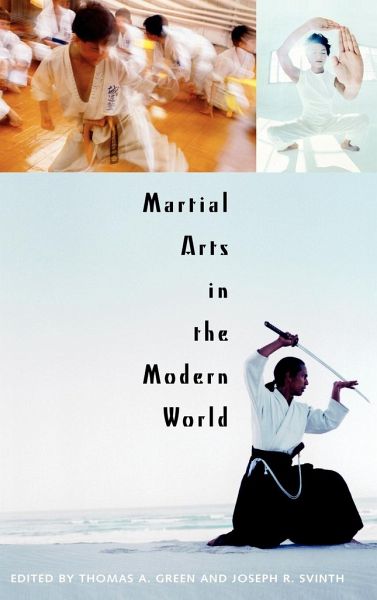
Martial Arts in the Modern World
Versandkostenfrei!
Versandfertig in 1-2 Wochen
63,99 €
inkl. MwSt.

PAYBACK Punkte
32 °P sammeln!
Martial arts, once restricted to a few specific locations and practiced by small groups of devotees, have truly spread throughout the world. The plethora of tae kwando and karate dojos in U.S. shopping malls attests to the popularity of various kinds of martial arts in this country. Though generally perceived and advertised as means of self-defense, body sculpting, and self-discipline, martial arts are actually social tools that respond to altered physical, social, and psychological environments. This book examines how practitioners have responded to stimuli such as feminism, globalism, imperi...
Martial arts, once restricted to a few specific locations and practiced by small groups of devotees, have truly spread throughout the world. The plethora of tae kwando and karate dojos in U.S. shopping malls attests to the popularity of various kinds of martial arts in this country. Though generally perceived and advertised as means of self-defense, body sculpting, and self-discipline, martial arts are actually social tools that respond to altered physical, social, and psychological environments. This book examines how practitioners have responded to stimuli such as feminism, globalism, imperialism, militarism, nationalism, slavery, and the commercialization of sport. In a series of chapters devoted to Asian, African, and European systems of the late 19th to early 21st centuries, the authors examine the forces and philosophies that shaped fighting arts in diverse cultural settings. Because of political, social, and economic factors, this period witnessed the spread of martial arts to areas outside of their original contexts. Some of these arts flourished in their new environments, but others did not. The authors demonstrate that martial arts are not the conservative strongholds of tradition posited by conventional wisdom, but are instead responsive and mutable barometers of change. This book is essential for students of multicultural dialogues and devotees of martial arts performance and practice.




